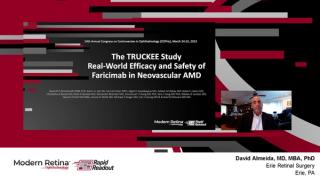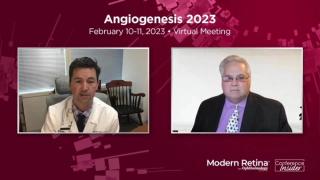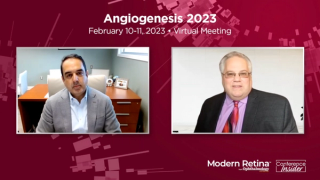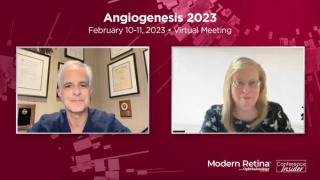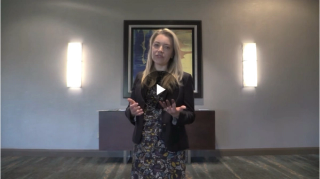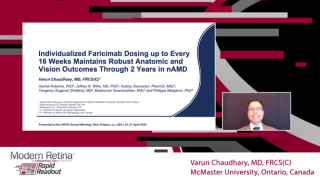
AMD
Latest News
Latest Videos

CME Content
More News

Weighing the pros and cons of anti-VEGF drugs and improved visualisation of abnormalities in ROP

The spherical equivalent was significantly more myopic in the eyes treated with laser in a recent study.

Novel treatment results in macular hole closure.

The various aspects of home monitoring for patients with age-related macular degeneration are discussed in this point/counterpoint by Prof. Rufino Silva, University of Coimbra / Coimbra Hospital and University Centre, Portugal, and Univ.-Prof. Dr. med. Robert P. Finger, PhD, Department of Ophthalmology, University of Bonn, Germany, during the 14th annual Congress on Controversies in Ophthalmology in Lisbon, Portugal.

Session moderators, speakers and audience members all will examine and analyse the most relevant and controversial issues within the field of ophthalmology.

A look at what’s in the therapeutic delivery pipeline for these disorders.

Further research is needed before dietary nitrate intake can be recommended as a therapy for age-related macular degeneration, according to the study authors.

In a presentation at the 2023 Angiogenesis, Exudation, and Degeneration program, Usha Chakravarthy, PhD, FRCOphth, CBE, presented data from the trial of lampalizumab, which is peeling back some of the mystery shrouding geographic atrophy.
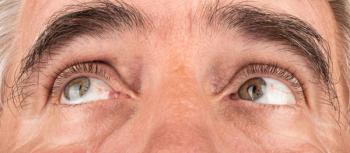
In a presentation at Bascom Palmer’s 2023 Angiogenesis, Exudation, and Degeneration conference in Miami, Pedro Lylyk, MD, said ophthalmic artery angioplasty could prove to be a treatment option for patients diagnosed with age-related macular degeneration.

A study conducted by Gemmy Cheung, MBBS, FRCOphth and colleagues shows geographic atrophy (GA) lesion phenotypes, associated features, and growth rates differ between Asians and non-Asians.

An interdisciplinary team at Duke University has developed a proof-of-concept machine learning model capable of detecting symptomatic Alzheimer disease using multimodal retinal imaging data.

The most promising recent interventional trials for investigational therapies in dry age-related macular degeneration are highlighted by the authors.

The delivery of lipid nanoparticle-based mRNA to the retina is encouraging, according to researchers.

Three recipients will each receive up to $10,000 toward their research on a 1-year project that can go toward additional training in specialty equipment or research methodologies.

Ultra-widefield imaging may be a promising technology for assessing larger areas of the retinal vasculature to uncover retinal changes in Alzheimer’s disease, according to investigators.

Understanding vitreomacular interface diseases is key to treatment.

Members of the Ophthalmology Times Europe® Editorial Advisory Board were asked to predict developments in their ophthalmic specialties and interests for 2023. A focus is our ageing population, while efficiency and productivity are also on their minds. The board members agree that one of the major challenges in the year to come will be the large number of patients awaiting diagnosis and treatment, which is only going to increase with the rising average life expectancy worldwide.
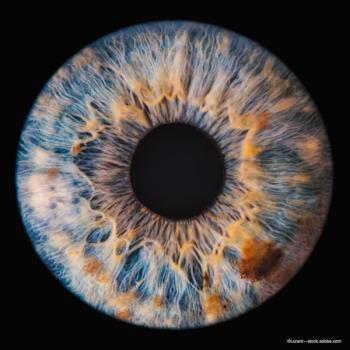
An end-of-week review of what happened in ophthalmology from 29 October to 3 November 2022.

The AVONELLE-X long-term extension study will continue to evaluate the efficacy, durability and safety of faricimab in patients with neovascular AMD.

Roche’s treatment of faricimab is the first and only FDA-approved medicine targeting two distinct pathways, angiopoietin (Ang)-2 and vascular endothelial growth factor (VEGF)-A, that often cause retinal diseases that may cause visual loss.

Eyecare specialists benefit from being able to monitor their patients long term for optimised and personalised treatment regimens, as well as having access to a more efficient workflow and one which enables them to see more patients.

According to Dr Gregor S. Reiter, the results from the multicentre Phase 3 clinical trial demonstrated that fluid volumes in patients with nAMD can be precisely identified, localised and measured in real-time using artificial intelligence.

Automated quantitative fluid analyses are enabling personalised treatments, better patient outcomes.
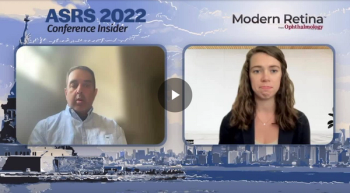
Metformin may provide AMD protection; DAVIO presents positive 12-month results; TOWER study reveals new imaging index for AMD.
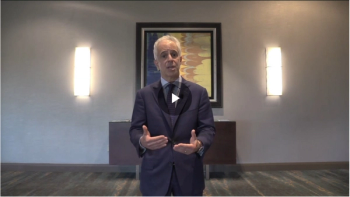
While the DAZZLE trial failed to meet its primary endpoint, KSI-301 demonstrated good initial visual gains and anatomic effects as well as positive durability.







